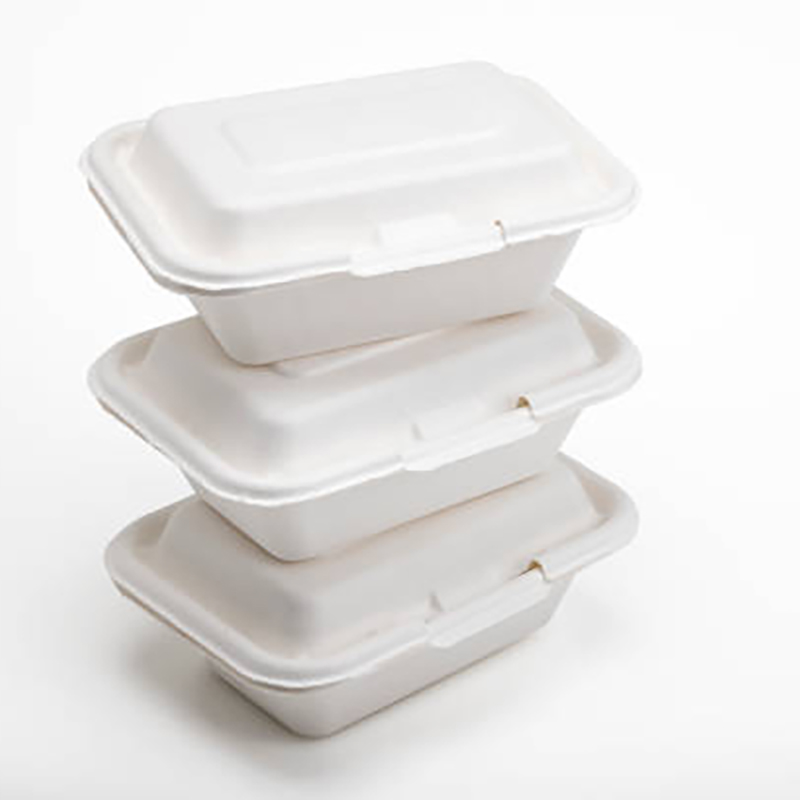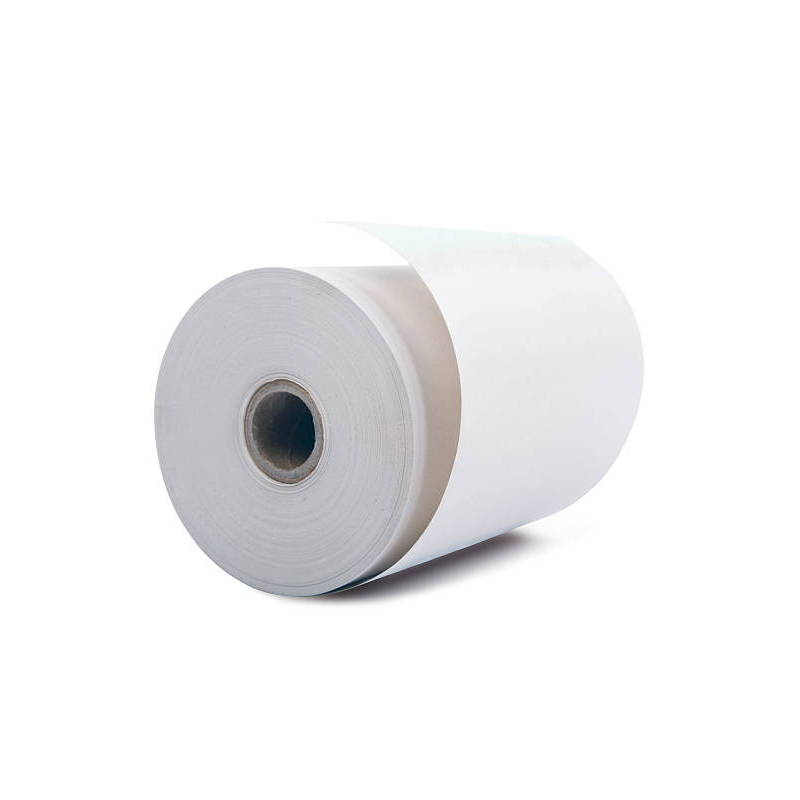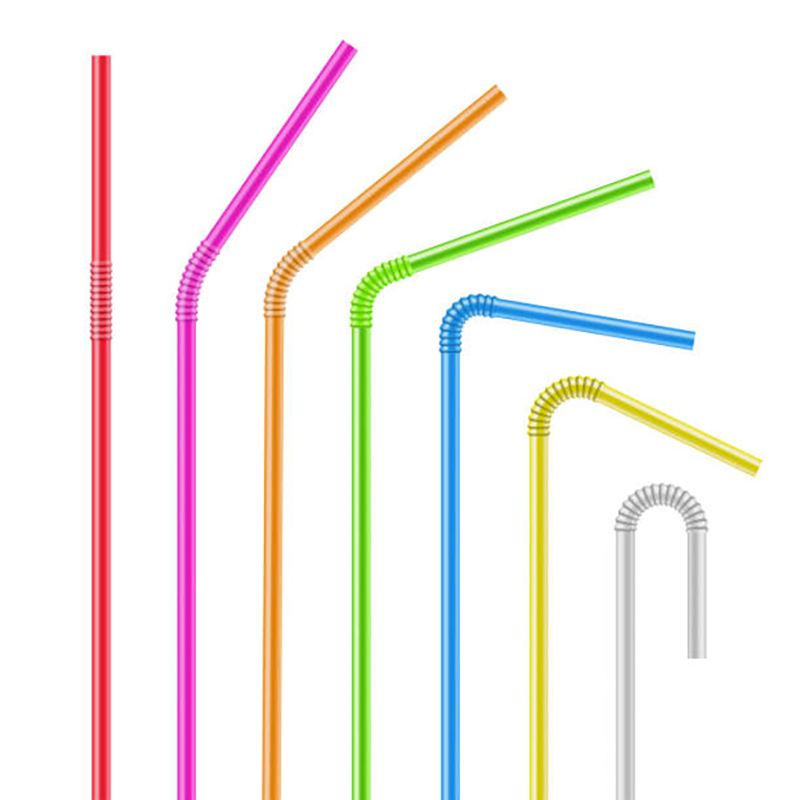New materials, better new world
We have established a good reputation in the industry
with professional service, good faith reputation and strong technical support ability
Scope of business
We are involved in international trade, OEM, ODM, CMT and other businesses. Since 2005, we have created more than US $100 million value for customers all over the world. The products of biodegradable materials and compostable materials are sold to 120 countries around the world.

International trade
Including import trade and export trade

OEM
Original Equipment Manufacturer

ODM
Original Design Manufacturer

CMT
CUTTING, MAKING, TRIMMING
OEM is the company's main business
The company has advanced R & D capacity and manufacturing technology. We welcome customers all over the world to cooperate to produce and process high-quality products. Our first-class biodegradable materials and industrial composting materials can make the world a better place.
SUPPLY PRODUCTS
ABOUT US
Cooperative customers
Business area
Group employees
Total sales
Industry information
-
Photo © iStockphoto.com/baona REPUBLISH July 16, 2019 — Have you ever stood in front of a supermarket shelf and wondered if you should buy that product made from bioplastics rather than the conventional kind? Many people assume all bioplastics are made from plants and can break down completely in the environment. But that’s not the case. The term “bioplastics” is actually used for two separate things: bio-based plastics (plastics made at least partly from biological matter) and biodegradable plastics (plastics that can be completely broken down by microbes in a reasonable timeframe, given specific conditions). Not all bio-based plastics are biodegradable, and not all biodegradable plastics are bio-based. And even biodegradable plastics might not biodegrade in every environment. Sounds confusing? It certainly is...
-
A worker examines plastic bottles at a recycling center in Santiago, Chile. MARTIN BERNETTI/AFP VIA GETTY IMAGES Bioplastics are being touted by industry marketers as the solution to plastics pollution. But the idea that bottles and packaging made of plant-based material can simply be discarded and then break down and disappear is false – recycling and reuse are the only strategies that can work. Coca-Cola calls it the PlantBottle — a new kind of recyclable plastic container, 30 percent of which is made from sugar cane and other plants, with the remaining 70 percent made from traditional oil-based plastic. The company says that PlantBottle packaging now accounts for nearly a third of its North American bottle volume and seven percent globally. Does the PlantBottle mean the giant soft drink company has crack...
-
Today, there is a bioplastic alternative for almost every conventional plastic material and corresponding application. Bioplastics – plastics that are biobased, biodegradable, or both – have the same properties as conventional plastics and, in many cases, even offer additional advantages. This includes a reduced carbon footprint or additional waste management options, such as composting. Bioplastics are an essential part of the bioeconomy and a fast-growing, innovative industry that has the potential to decouple economic growth from resource depletion and environmental impact. Bioplastics are a diverse family of materials with differing properties. There are three main groups: Bio-based or partially bio-based non-biodegradable plastics, such as bio-based PE, PP, or PET (so-called drop-ins) and bio-based technical performance polymers, such as PTT or TPC-E...












